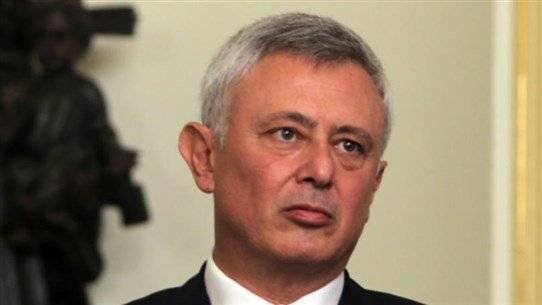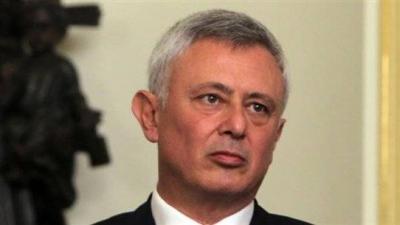Lebanese electoral deadlines are converging into one focal point. Many officials prefer to group the stalled files together to seek compromises or solutions within a broader settlement, even if temporary. These files coincide: from delineating borders, to remaining reform measures required for an agreement with the International Monetary Fund, to electing a president, and discussions on forming a government for the new term.
Vienna and Autumn
It is likely that these files will be postponed until the next autumn. Lebanese attention is directed towards Vienna and the revival of nuclear negotiations, as well as the potential for progress or a revival of the agreement with Iran. Any progress on the nuclear file reflects on the Lebanese situation, specifically the border delineation file, which is entering a period of calm until after the Israeli elections, unless negative developments in Vienna trigger regional tensions. Although no one seeks escalation, the possibility of unforeseen events remains.
Interconnected Files
External pressures are focused on the need to address stalled files, particularly the approval of reform measures to finalize the recovery plan and agreement with the IMF. This was a topic of discussion between the director of the Middle East and Central Asia Department at the IMF, Jihad Azour, during his meetings with the presidents of the Republic, the Parliament, and the government in recent days. According to information, the presidents have expressed their readiness to accomplish what is necessary to lay the final foundations for the agreement. This path is intertwined with the border delineation that awaits regional and international environment clarity. Some are linking these issues in Lebanese domestic discussions, particularly concerning the election of a new president.
Berri and Mikati's Plan: Franjieh
Several parties, including Speaker of the Parliament Nabih Berri, believe in the necessity of preparing the groundwork to achieve these files to pave the way for the new president. Berri returns to his previous approach he tried to establish in dialogue sessions before electing Aoun as president. However, the Aounist Movement rejected this, which led to the ongoing confrontations that have brought the country to its current state. Berri prefers a comprehensive settlement that includes the government, delineation, reforms, and even appointments, so that the new president is capable of achievement and work rather than engaging in battles that would exacerbate the deterioration and collapse.
Berri focuses on the need to quickly approve many budget items. The search for a consensus formula to elect a new president is ongoing. It is clear that Berri prefers the election of Sleiman Franjieh to the presidency and is working to create conditions for consensus around him. Some are working to convince Sunni deputies to rally behind Franjieh, with some indicating that caretaker Prime Minister Najib Mikati favors this choice. Sources suggest that Mikati is trying to coordinate among Sunni deputies and gather as many as possible to unify their stance and become an influential and decisive force in various files, including the presidential election.
Bassil: I Have 19 Deputies
The Aounist Movement still opposes Franjieh. Bassil believes that the elected president must have popular support. Some quote him saying that Franjieh has one deputy, while he has 19, thus he is the one who deserves support. Politically, this statement implies that Bassil will not surrender easily and will use all the leverage he possesses, especially since there is a belief that the border delineation file significantly affects the presidential elections.
However, even if internal conditions support Franjieh, matters remain contingent upon external developments. There is a need for regional and international approval of the presidential candidate, which does not seem apparent at this time. However, diplomatic sources indicate that international powers prefer the arrival of new figures without previous experiences.




